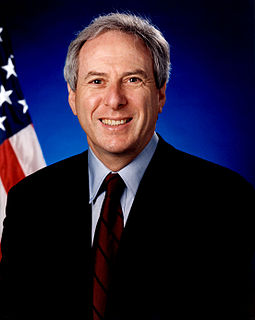A Quote by Rick Tumlinson
To establish human settlements on the Moon, Mars, or in the free-space between, humans will have to again rapidly adapt. Like early pioneers, there will be no nearby friendly merchants or supportive governments to replace that broken tool.
Related Quotes
Astronauts will remain the explorers, the pioneers-the first to go back to moon and on to Mars. But I think it's really important to make space space available to as many people as we can. It's going to be a while before we can launch people for less than $20 million a ticket. But that day is coming.
The future is about wings and wheels and new forms of space transportation, along with our deep-space ambition to set foot on another world in our solar system: Mars. I firmly believe we will establish permanence on that planet. And in reaching for that goal, we can cultivate commercial development of the moon, the asteroid belt, the Red Planet itself and beyond.
By 2025 we expect new spacecraft designed for long journeys to allow us to begin the first ever crewed missions beyond the Moon into deep space. So we'll start by sending astronauts to an asteroid for the first time in history. By the mid-2030s I believe we can send humans to orbit Mars and return them safely to Earth. And a landing on Mars will follow and I expect to be around in see it.
I think my career will end too early for me to go to Mars, though I might be involved in preparing the next generation to go. I'd love to explore Mars, but, ultimately, it's kind of a crappy planet. The thing is, Mars One people would never go outside without a spacesuit ever again. You're going to live in a tin can. Space stations are noisy; it's like living inside a computer with the fan on all the time. You're never going to smell grass or trees. It's just never going to be anything like Earth. You're never going to swim. You're giving up so much.
We will eventually build space science labs and hotels, prodding the capability for missions beyond the orbit of the Earth. Our space-hotel guests will be able to take breath-taking excursions, flying a couple of hundred feet above the Moon's surface in small two-man spaceships. In time, we will launch missions to Mars and beyond.






























